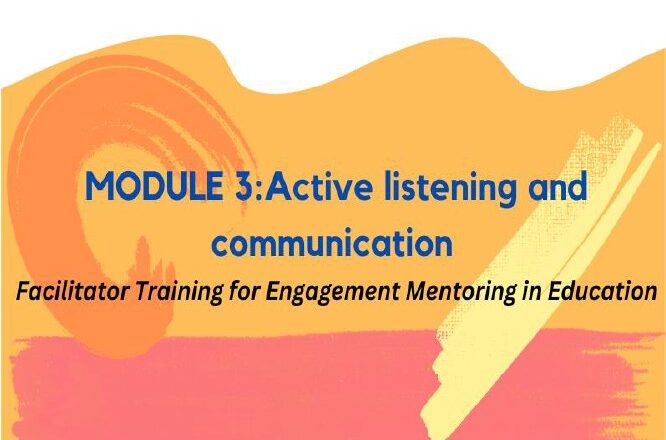Active listening and communication

Effective communication skills are essential in both personal and professional settings. They involve the ability to express oneself clearly and listen actively to others. Effective communication skills help build strong relationships, resolve conflicts, and promote understanding. One important aspect of effective communication is clarity. This means expressing thoughts and ideas in a clear and concise manner. Using simple language and avoiding jargon or technical terms can help ensure that the message is easily understood by others.
Active listening is another crucial skill in effective communication. It involves giving full attention to the speaker, asking relevant questions, and providing feedback. Active listening shows respect and interest in the speaker’s perspective and helps to avoid misunderstandings.
In conclusion, effective communication skills are vital for successful interactions, whether at home, in the workplace, or in social settings. Clear and concise expression, active listening, non-verbal communication, empathy, and adaptability are all important components of effective communication. By continuously developing and honing these skills, individuals can improve their relationships, resolve conflicts, and foster understanding with others.
The main objectives of the module cover the importance of active listening, effect of active listening, practice of active listening and mandatory principles of active listening.
This module will aim theoretical and practical knowledge regarding:
- The role that active listening plays in effective communication
- The steps for active listening and better communication
- An empathetic response so that a person feels heard
- Creating an environment where the interlocutor feels in safety
Learning outcomes
- Possess personal active listening skills
- Know active listening techniques
- Know the verbal and non-verbal clues in the communication process
- Empathize in the communication process
- Know communication principles
Beneficiaries
Social workers, psychologists, educators, teachers, youth workers.


